Debra Paget was extremely beautiful in her prime and charmed millions of Americans when she starred in Elvis Presley’s film debut, Love Me Tender.
The talented actress was ”touched by the hand of God,” according to legendary director Cecil B DeMille.
Apparently, even the ‘King of Rock and Roll’ became obsessed with her…
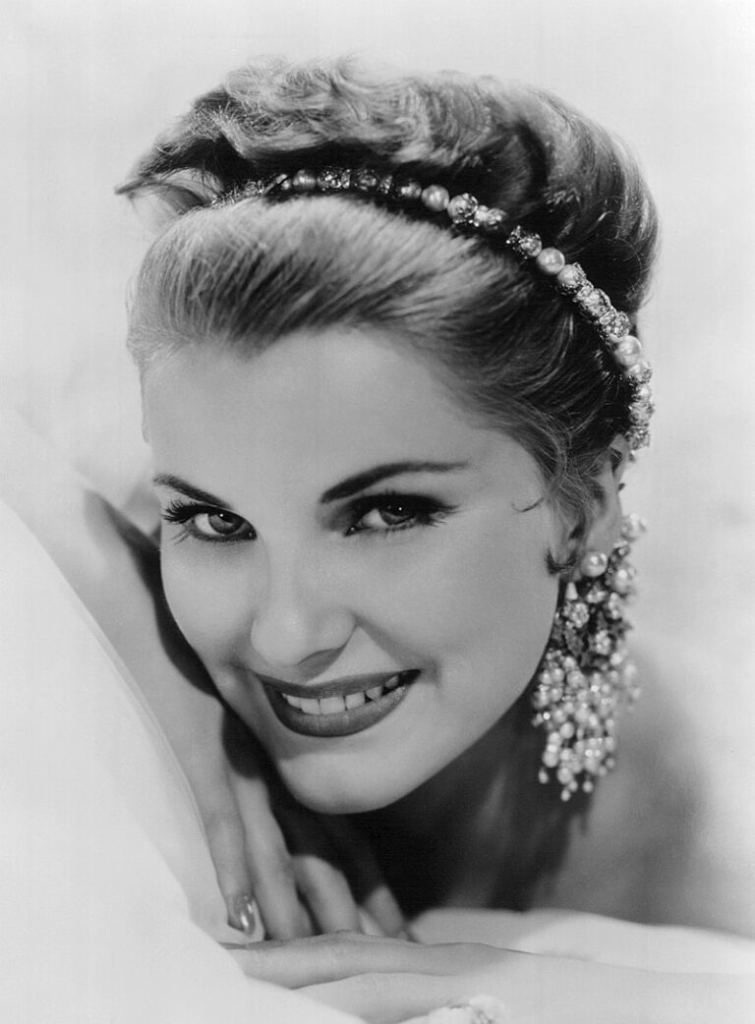
Debra Page was born on August 19, 1933, in Denver, Colorado. Her real was Dabralee Griffin – but the actress changed her name as she moved towards movie stardom.
Raised in a showbiz family, Debra’s parents moved to Los Angeles in the 1930s so that they all could be closer to developing the film industry in Hollywood. (Debra’s two sisters, Tala Loring and Lisa Gaye, also had substantial film & TV careers).
Debra, who always wanted to be a dancer, has described herself as a ”post-depression” baby. She came into the world during a devastating and prolonged economic recession. Her family didn’t have much, but Debra held her parents in high regard.
“When I looked back, we had so much love in our home,” Debra said when being interviewed by Dale Evans Rogers.
‘Most beautiful legs in the world’
Pushed by her mother, Debra enrolled in the Hollywood Professional School when she was 11.
The talented young girl landed never doubted herself, landing her first professional job aged eight. Soon after that, she starred in a production of Shakespeare’s The Merry Wives of Windsor.
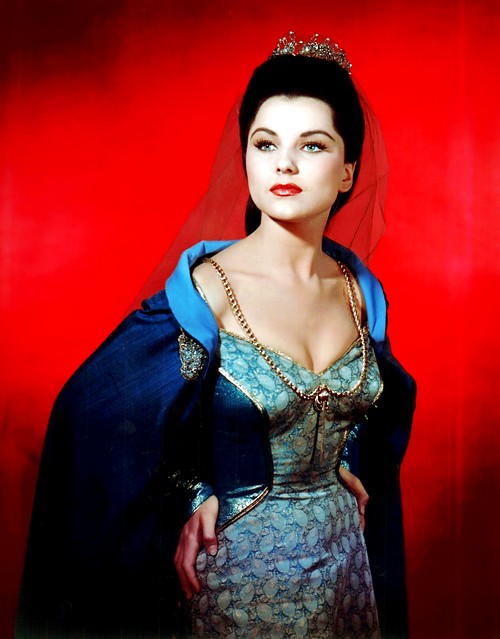
Her motion picture career began at the age of 14, and her big break came in 1950 when she was cast in Broken Arrow. Co-starring alongside James Stewart, Debra Paget portrayed a Native American maiden called Sonseeahray (“Morningstar”).
Debra’s “exotic” looks won her several roles in adventure dramas, and she soon earned the reputation as the only starlet who had never been kissed.
In the 1950s, she earned the title “The most beautiful legs in the world” when the National Association of Hosiery Manufactures polled 15,000 people in the industry. The deeply religious Debra won by a wide margin, according to The Baltimore Sun.
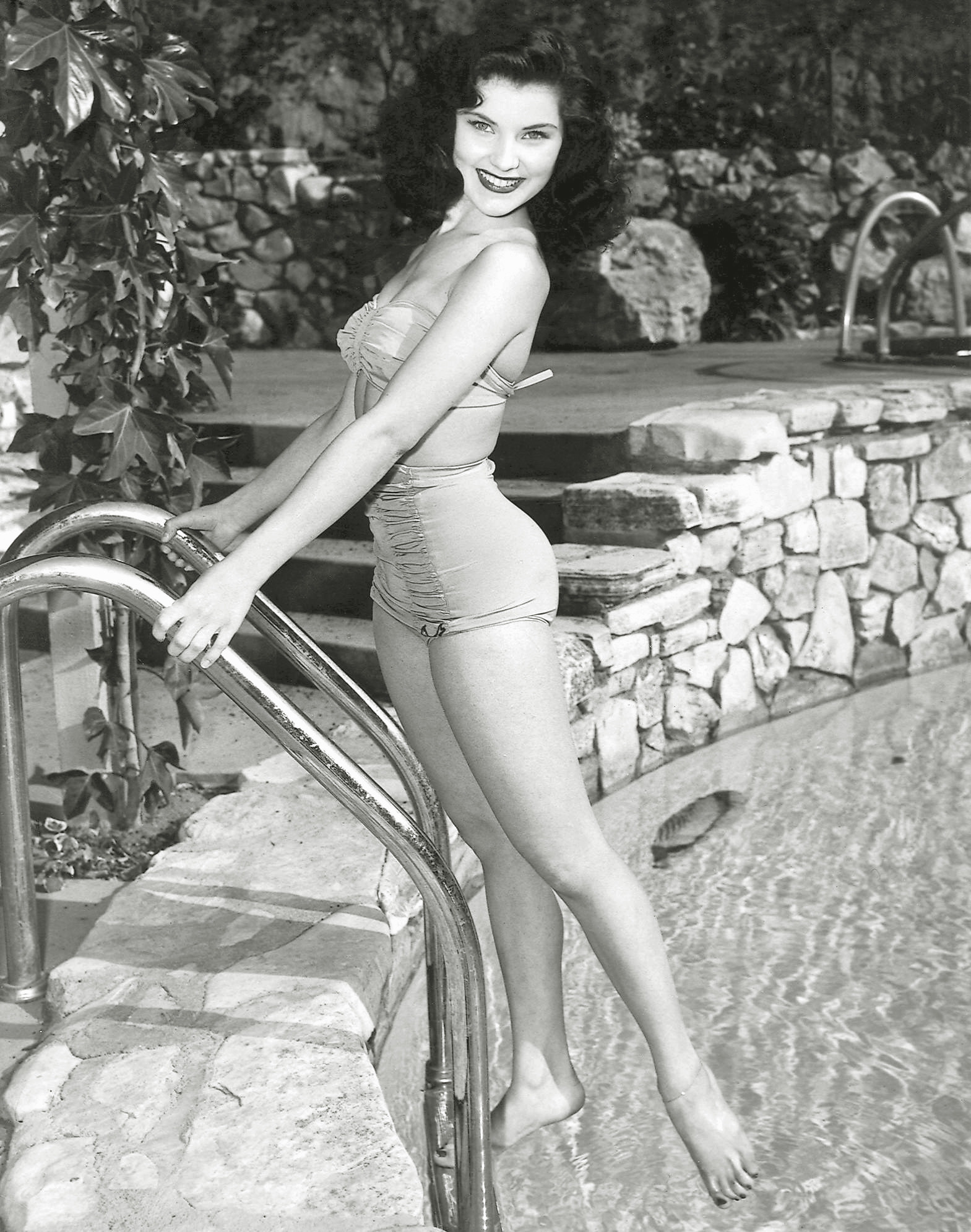
As a 14-year-old, Debra had signed an exclusive contract with 20th Century Fox. But it was when Paramount Pictures borrowed Debra for The Ten Commandments that she made her most successful movie.
Debra played the part of Lilia, the water girl, in Cecil B. DeMille’s giant biblical, spectacular movie. The blue-eyed Debra had to wear brown contact lenses – something that caused quite some trouble for her.
“If it hadn’t been for the lenses, I wouldn’t have gotten the part. They were awful to work in because the klieg lights heated them up,” she said.
The movie, which won seven Academy Awards, changed her life forever.
”It was probably the highlight of my career, ” Debra said.
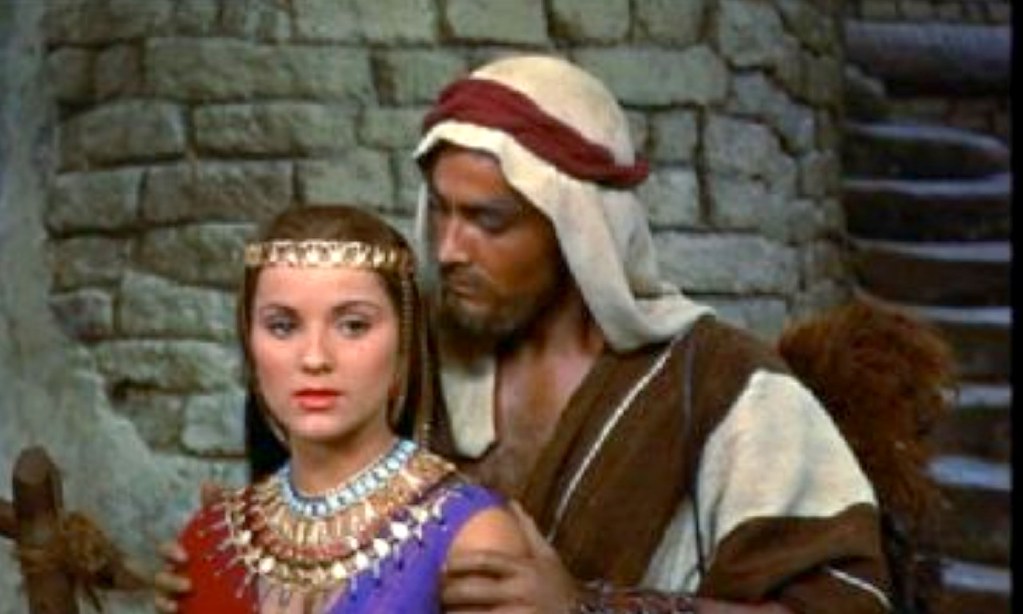
Meeting Elvis
Debra Paget was a 22-year-old established Hollywood star when she stepped onto the set of Love Me Tender. Back then, she was probably the most beautiful actress of the Hollywood Golden age. And that is saying something.
She and Elvis Presley first met months earlier when both appeared on the Milton Berle Show on June 5, 1956. It was the moment when Elvis shocked conservative America by gyrating his famous, or infamous, pelvis during his now-iconic rendition of Hound Dog.
“Although I usually don’t form an opinion of a person until I have met him,” she explained. “Frankly I looked forward to my first meeting with Elvis Presley with mixed emotions. I’d heard and read a lot about this new young singing sensation from Tennessee—and most of it was not complimentary.”
The young singer surprised Debra in many ways during their first, memorable meeting. As a born-again Christian, you might think that Debra disliked The King, but it was quite the opposite.
When Mr. Berle introduced the 21-year-old rising star to Debra, he firmly grabbed her hand and said: “I’m glad to meet you, Miss Paget.”
Elvis then shook her mother’s hand with ”equal vigor,” excused himself, and a couple of minutes later came back with a chair for her.
“We were together for only a couple of hours but sometimes you can learn more about a person in a short span of time than in weeks of seeing one another constantly. I felt I did. From the very beginning, Elvis impressed me as a pleasant, sincere, obliging young man,” Debra recalled.
The proposal
A few months later, Debra starred opposite Elvis in Love Me Tender – his first movie. According to Daily Express, the singer became obsessed with his co-star. He believed that Debra was ”the most beautiful girl he had ever seen” and even visited her parent’s house.
“From the time he first came to the house, my folks have considered Elvis a member of the Paget clan—a feeling which, I believe, he reciprocated,” Debra explained.
But Debra and Elvis’s relationship was more family-oriented than a whirlwind romance – at least in the eyes of the young actress.
“I was very shy, very quiet and very immature for my age. I was in my very early 20’s but I was emotionally more like a 16-year-old. Elvis and I just sort of came together like a couple of children really.”
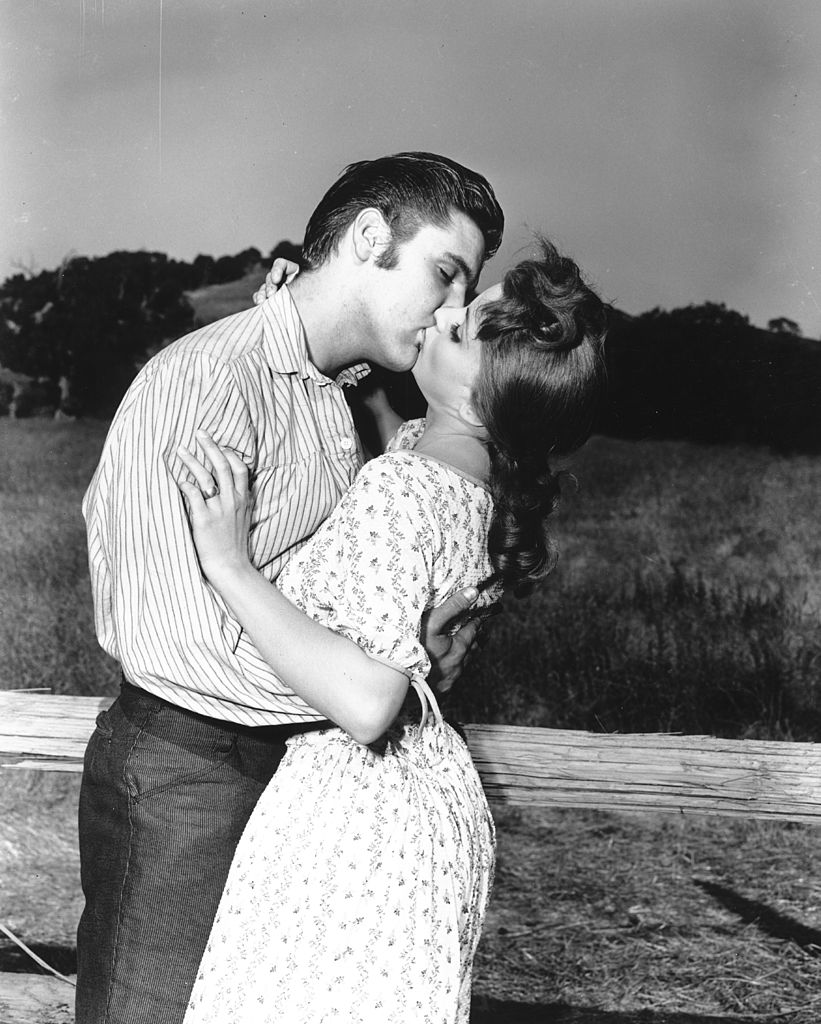
Elvis, however, seems to have thought otherwise.
“Following the film, he did ask me to marry him but my parents objected to my getting married. I cared about Elvis, but being one not to disobey my parents, that did not take place,” Debra shared.
In the end, Debra turned Elvis down – she had already fallen in love with Howard Hughes, a famous film producer and billionaire.
Debra would later marry actor and singer David Street, but she always spoke fondly of Elvis. And Elvis didn’t forget Debra either – many think she did set the template for Elvis’ fixation with the ‘Debra Paget look.’ For example, it was reported that young Priscilla Beaulieu changed her hair and make-up when she learned about Debra.
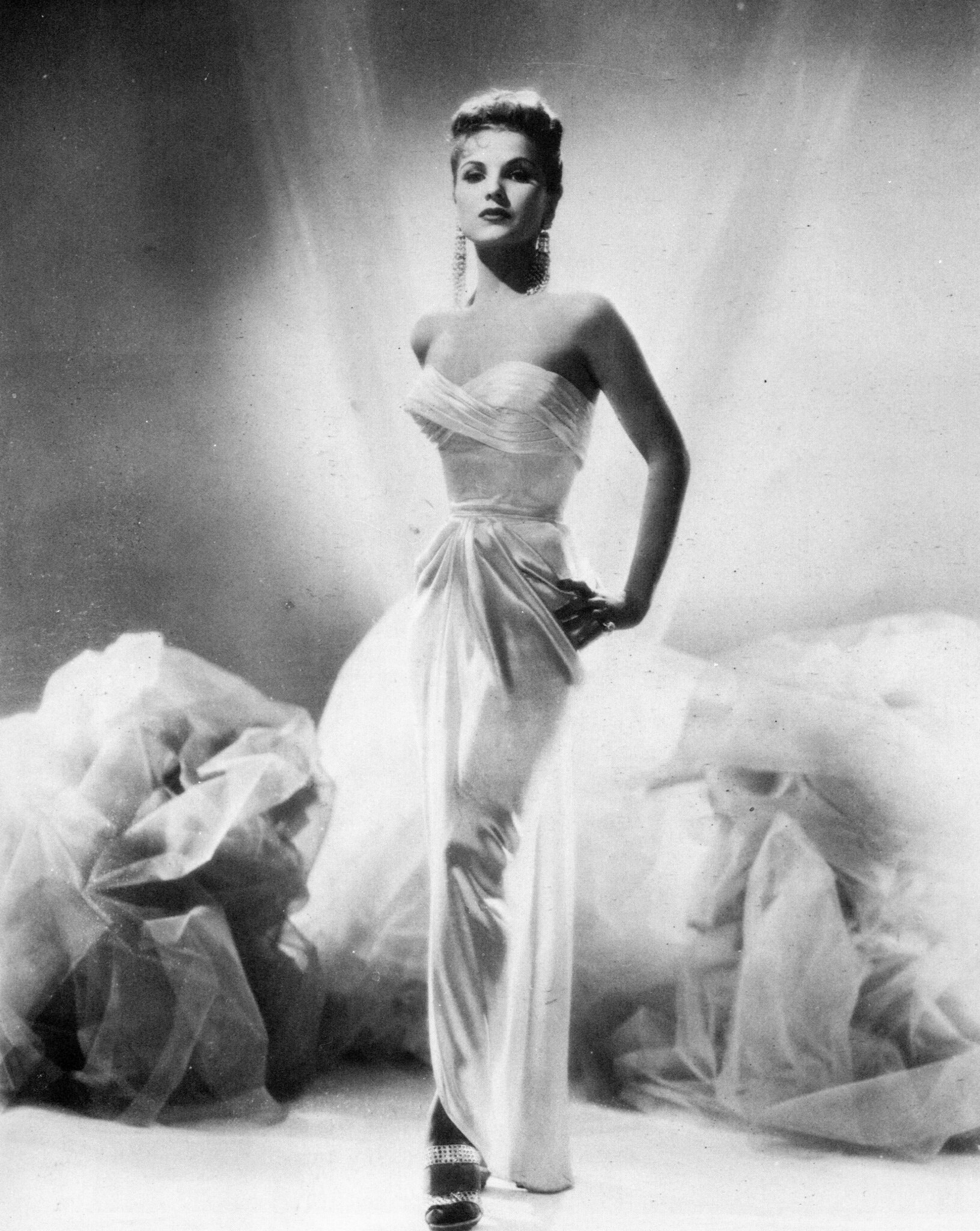
Debra left the entertainment industry in 1964 and is now 89 years old. Sadly, there is not much information about her life today; Debra seems to live a quiet and private life out of the limelight.
Elvis and Joan Blackman
Interestingly, Elvis’s proposal to Debra in the late 1950s wasn’t the only time he wanted to marry a co-star. After shooting Blue Hawaii with Joan Blackman in 1961, he wanted to tie the knot with her as well – while he was dating Priscilla.
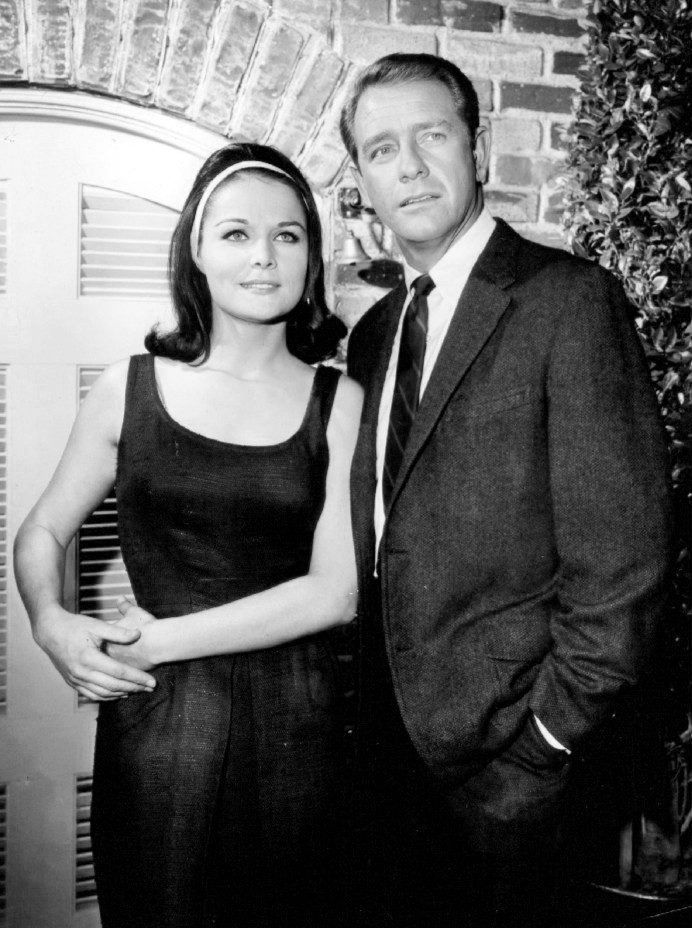
Joan Blackman, who looked very much like Priscilla, has shared what really happened during the making of Blue Hawaii.
“When we first set eyes on each other (in 1957), there was a spark, a magic in the air… There was just that special something between us, sometimes so warm and wonderful you could almost reach out and touch it,” she told the Midnight Globe newspaper in 1977.
In the sensational interview, Joan Blackman said that Elvis ”really wanted” her as his wife and that he repeatedly begged her to appear in his movies, but she turned him down each time.
“I wanted parts because of my ability, not because I was dating Elvis,” she stated.
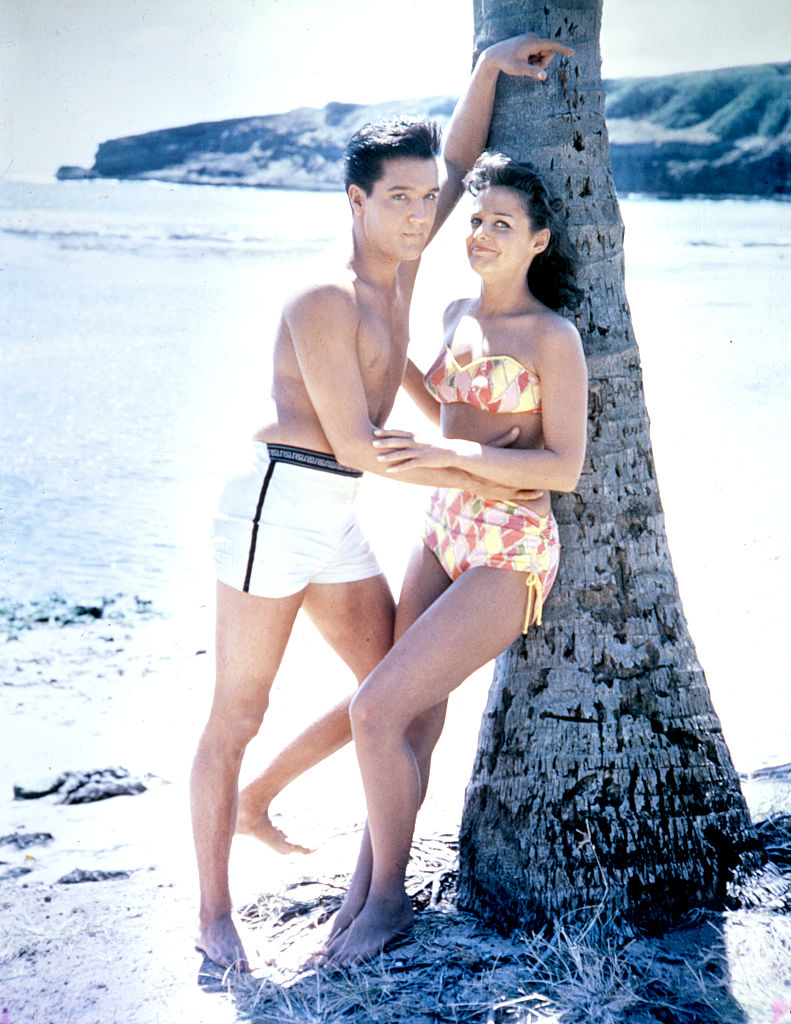
What happened to the girl who took first place in nearly 300 beauty pageants? She is now 17 years old.
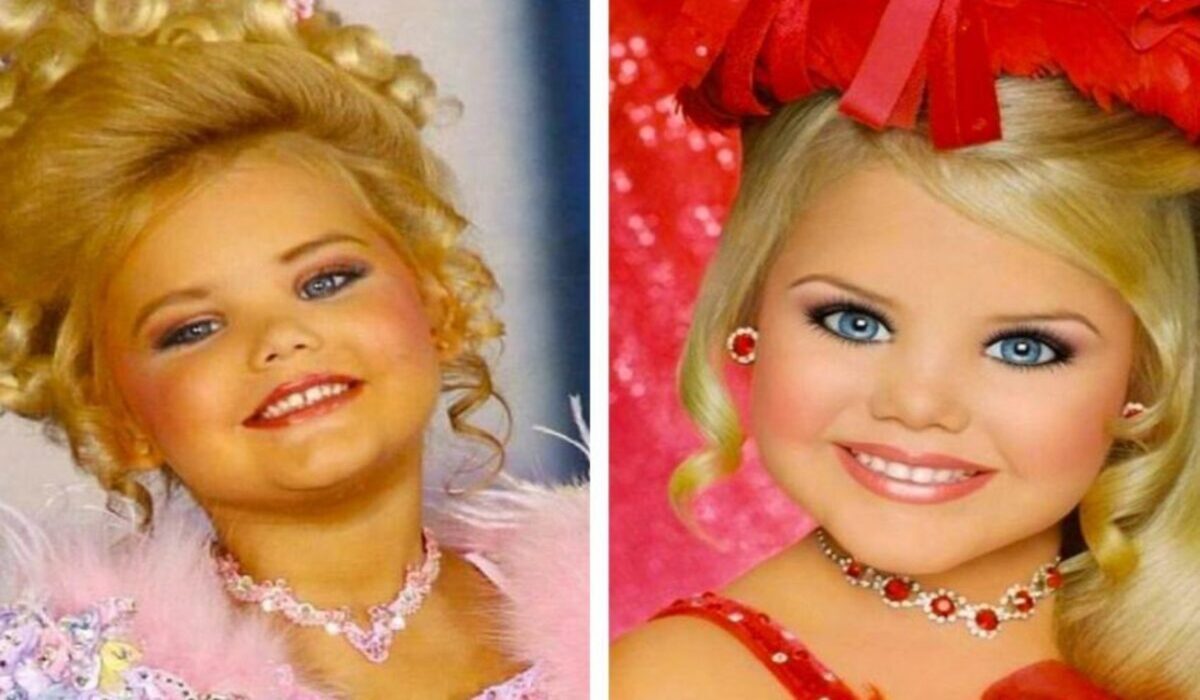
Everyone in the world adored this young girl’s attractiveness. Few people are aware that another life was concealed beneath this enormous achievement, though. This woman’s attractiveness has fallen prey to parental ego. She gave the child’s mind and health in exchange for millions of money.

Eden was raised as both a source of mother affection and a way to increase his fortune. Everyone noted the baby’s remarkable beauty when she was just four months old. The mother made it her mission to make her child renowned around the world, and she made every effort to carry out her vision.

The little child made her debut appearance on a TV program shortly after turning one. Her beauty absolutely awed every TV watcher. It was immediately apparent that the mother had gone to considerable lengths to construct a persona for her child. He brought his daughter to the solarium where she experimented on clothing, hair, and makeup. In order to give the spectator the impression of a living doll, this was done. Her mother’s wish for her to secure a lucrative deal started to come true as soon as she made her debut on television.


Everyone loved her, and it’s astonishing that despite her youth, she handled all the pressures of public life. Nobody at the time could have imagined how challenging it was for her.

At the height of the girl’s fame, many cautioned the mother that the baby’s health would be harmed by the girl’s regular use of the solarium and her weight in cosmetics. The woman, however, would not listen.

Eden had to sleep occasionally since he was always going to auditions and performing in performances. Energy drinks and lots of coffee are helpful under these circumstances. By the way, mothers whose kids competed in beauty pageants favored these drinks. They were willing to make any sacrifice.
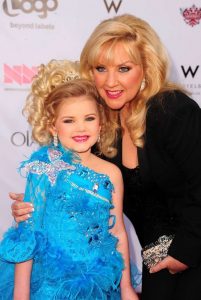
Our protagonist definitively stopped taking part in auditions and performances when she was six years old. The mom was obliged to accept her daughter’s decision after a brief argument between mother and daughter. After then, they periodically made public appearances but lost their prior level of fame. A book on the subject was written by a woman, and it garnered mixed reviews.


He charged the mother of the kid with ruining her daughter’s childhood and compromising her health. The author claims to have witnessed the mother’s repeated cruelty and occasionally unpleasant behavior toward the girl.

The girl was reportedly always on a diet, according to the author. The girl’s health suffered as a result, but the mother showed little concern.

Eden has reached the age of 17. She once experienced childhood as an ordinary child, free from a barrage of photographs and contests. She no longer has aspirations of competing in beauty pageants, although she still enjoys posing for photos occasionally.
Eden Wood excelled in her academics, enjoyed taking part in school-sponsored amateur productions, and is a talented singer and drummer. Eden’s participation in the teen television series was also made public.

Eden Wood was able to forget the difficulties she had as a youngster. She went back to his specialty as an adolescent.


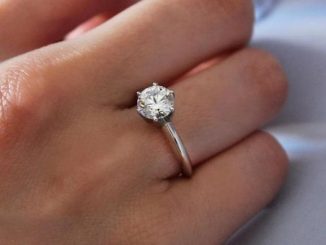
Leave a Reply